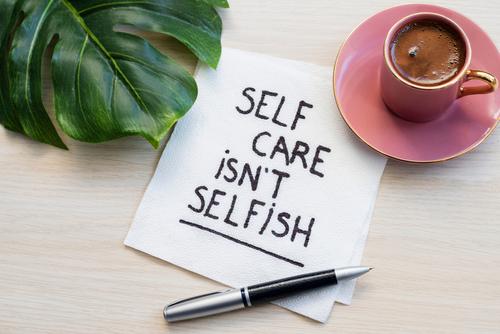Breaking Free from Burnout: Identifying Causes and Creating Change
Are there mornings when the sound of your alarm fills you with dread, not just because of the busy day ahead but due to a deep-seated exhaustion that sleep doesn’t cure? If you find yourself dragging through days, unable to muster enthusiasm for exercise, hobbies, or even the fun activities you once loved, you might be grappling with burnout.
Understanding Burnout: More Than Just Fatigue
Many think that burnout is simply due to having too many things to do and not enough time to do them in. However, people tend to experience burnout when a person is not in control of the tasks that they want to carry out, whether it be at work or at home. Burnout can also occur when people are asked to do a job that conflicts with a person’s sense of self; their identity of themselves or who they are at their core. Many times, burnout can be felt and experienced when a person is working towards a goal that their heart is not fully committed to doing. In other words, either a person is not fulfilling what their true calling in life may be, or they have found their “niche” but are simply not taking a break occasionally.
According to Psychology Today, burnout is a state of emotional, mental, and often physical exhaustion brought on by prolonged stress. This exhaustion can be work-related but can also be due to areas in everyday family life such as parenting, care-taking, or even romantic relationships. (Sussex Publishers, n.d.)
Signs of Burnout
There are a few definitive signs of burnout that can sometimes be misdiagnosed as mental disorders. Burnout can masquerade as clinical depression, but it’s distinct. For example, the inability to get out of bed in the morning due to not wanting to go to work may look at first like a case of clinical depression, when it may actually be that work is feeling meaningless.
Key signs of burnout include:
How to Overcome Burnout:

1. acknowledge burnout.
One of the first steps to overcome burnout is first noticing that one has it. Many times, we are so busy with the details of life that we do not have time to notice when we might be suffering from burnout.
2. Assess and adjust
Think about how your job and family life may be affecting you emotionally, socially and spiritually. Maybe asking yourself whether you need to re-assess your career goals or at least tweaking them now that things at work may have changed could be a good idea. If you think your burnout could be from family life, talk to your spouse, significant other, or any other social support structures (family, friends, counselor) about what you are feeling and dealing with.

3. Embrace Self-Care
Self-care isn’t selfish; it’s essential. Remember, self-care is as unique as you are. Self-care includes things like as:
Sometimes trying to figure out whether you have burnout can be hard. That’s why we here at Fuller Life have therapists to help assist you in both evaluating, diagnosing and treating things like burnout. Sometimes, working with a therapist to talk about your career and your family is just the right medicine to find out that you are not alone in dealing with burnout and that help is here for you.

Robert LaBarbera, Resident Therapist
Licensed Professional Counselor Associate, LCDC-I
Under the Supervision of Amy Fuller PhD, LMFT-S, LPC-S, CST














